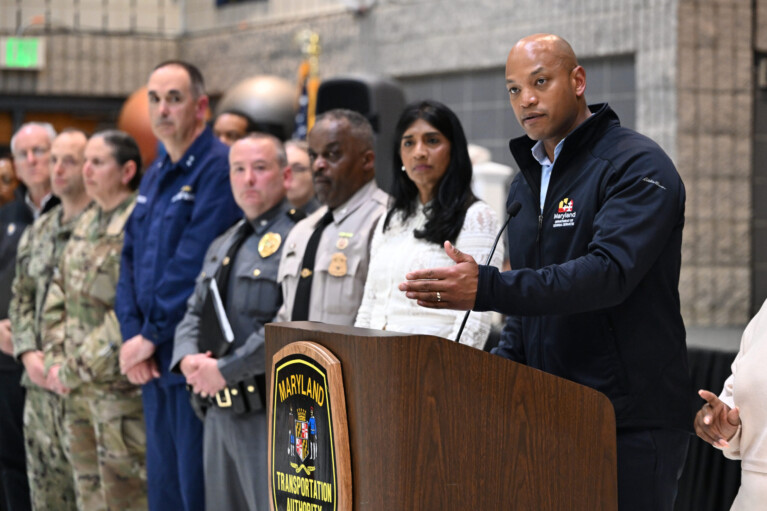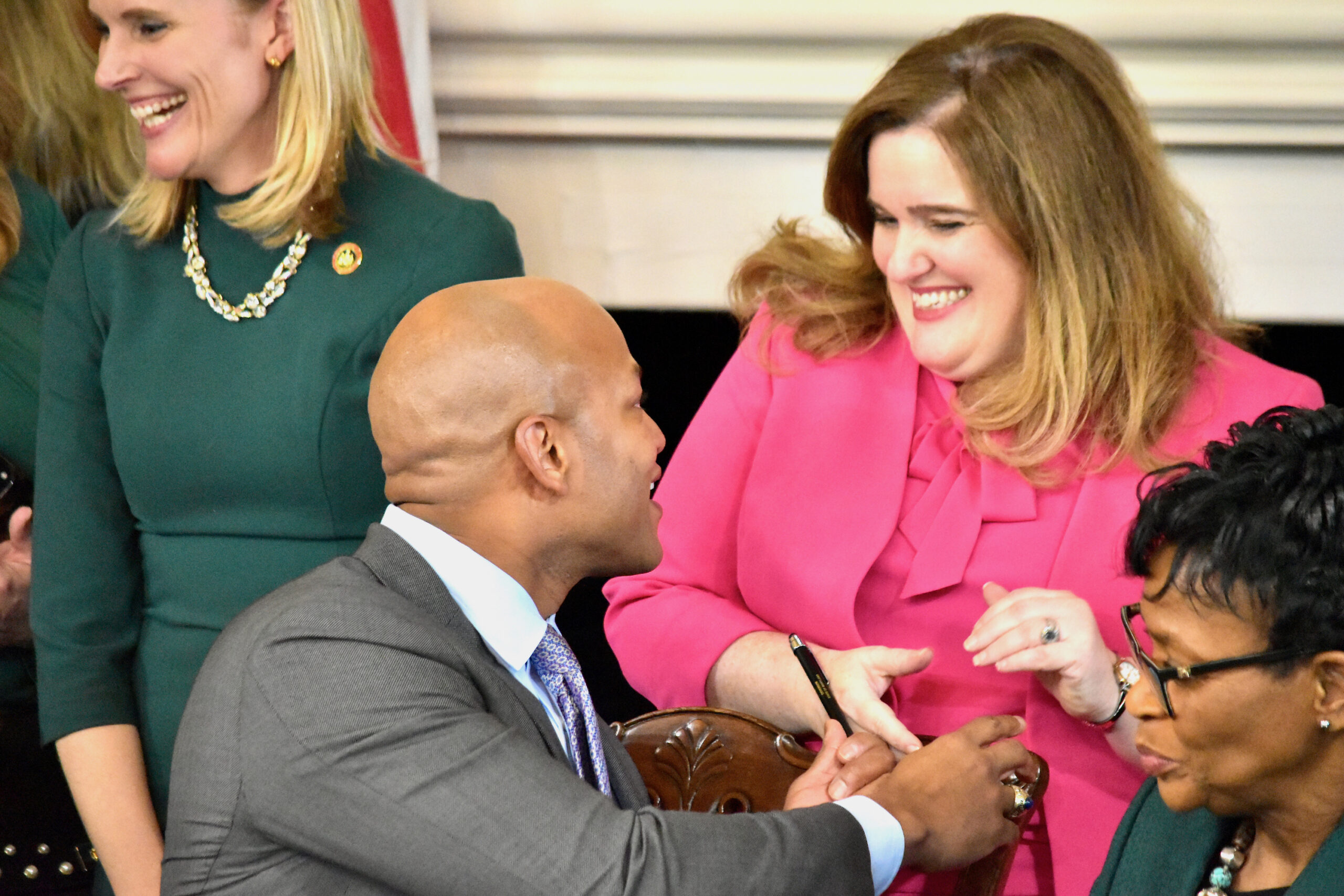Metro Funding Measure Advances; Advocates Are ‘Cautiously Optimistic’

The Maryland House of Delegates gave tentative approval on Wednesday to a measure that would give the Washington, D.C.-area’s Metro system the first dedicated source of funding in its history.
 Paul Wiedefeld, Metro general manager
Paul Wiedefeld, Metro general manager
The measure would give Metro $150 million a year in new funding, money the beleaguered system could use to improve maintenance and make capital improvements. Metro is the third busiest transit system in the nation, but it has never had a dedicated source of funds.
The new money would only flow if lawmakers in Maryland, Virginia and the District of Columbia approve similar legislation. The Virginia House and Senate have approved Metro funding measures, but differences must be worked out in a conference committee before the legislature adjourns for the year, on Saturday.
“Part of the reason we moved the bill through the House this week was to show Virginia where we are,” said Del. Marc A. Korman (D-Montgomery), the measure’s chief sponsor in the House.
“This is the first time in 50 years that the three jurisdictions are really close to coming up with a long-term solution, and so I’m very cautiously optimistic,” said Sen. Brian J. Feldman (D-Montgomery), chief sponsor in the Senate.
The funding measure found new momentum late last week when Gov. Lawrence J. Hogan (R) signaled his approval. The bill no longer requires that all the new funding come from the Transportation Trust Fund, a change requested by the administration to give it more flexibility.
Metro General Manager Paul Wiedefeld asked the system’s partners to come up with $500 million in new dedicated funding, money that could be used to leverage billions of dollars worth of maintenance and new equipment over the next decade. If the District, Maryland and Virginia all approve measures providing $150 million a year in new Metro funding, the agency will come close to Wiedefeld’s request.
Korman said several factors contributed to the willingness of area leaders to act, after decades of inaction — among them, the death of passenger Carol Glover at L’Enfant Plaza in 2015, the difficult search for a new general manager, Wiedefeld’s abrupt decision to close the system for a day for emergency repairs, and the SafeTrack repair program, which left commuters scrambling for weeks in 2015 and 2016.
In addition, Montgomery County, Northern Virginia and the District all made Amazon’s Top 20, as the e-commerce giant searches for a location for a second national headquarters.
“Amazon has indicated that one of their three or four top priorities is going to be a reliable transit system,” said Feldman, “so we’re all aligned and motivated.”
To satisfy lawmakers who’ve grown weary of Metro’s ongoing problems, the legislation mandates that the Washington Metropolitan Area Transit Authority make periodic reports on expenses, safety, reliability and ridership. And if there is a sub-par audit from Metro overseers, the agency will have to provide an explanation and a corrective action plan.
The measure given tentative approval in the Maryland House on Wednesday is expected to be in the Senate by week’s end.
Korman cautions that transit funding is not a done deal.
“It’s a lot of money and there are a lot of needs besides this, in all three jurisdictions, competing for funds,” he said.




 Creative Commons Attribution
Creative Commons Attribution